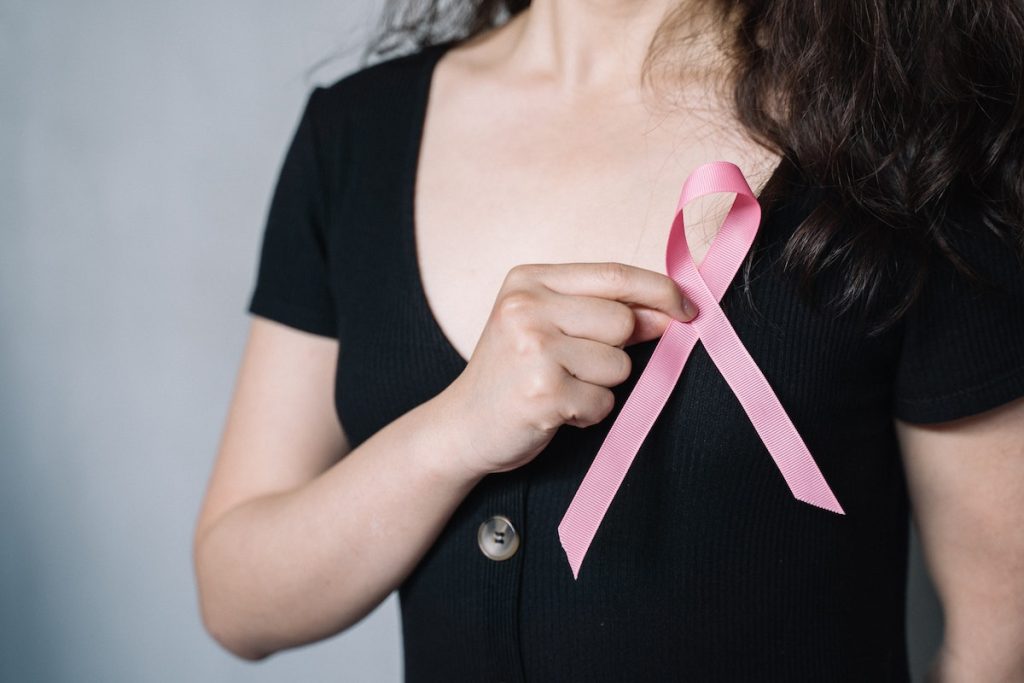- Breast cancer is women’s most commonly diagnosed cancer, with 2.3 million new cases yearly.
- Receiving a breast cancer diagnosis can be overwhelming and cause emotional distress.
- Improving quality of life includes seeking support, considering hospice care, learning about nutrition, and taking time for self-care.
- Stay active by engaging in physical activity suitable for diagnosis.
- Small changes can positively impact the recovery journey, and progress should be celebrated.
Receiving a breast cancer diagnosis can be devastating. It is a life-altering experience that can leave you overwhelmed, scared, and uncertain about the future. However, with the proper support and self-care, improving the quality of your life after diagnosis is possible. This comprehensive guide will explore some practical ways to help improve your quality of life while coping with breast cancer.
The Prevalence of Breast Cancer
Breast cancer is a pervasive and sobering reality for women worldwide. According to the World Health Organization, it is the most commonly diagnosed cancer in women, with 2.3 million new cases yearly. That number is staggering, representing the pain and struggle of countless individuals and families impacted by this devastating disease.
The fight against breast cancer is ongoing, with advancements in research, treatment, and awareness making strides toward a brighter future. Yet, it is essential to continue acknowledging the widespread presence of breast cancer to support those affected and encourage continued progress in the quest for a cure.
The Impact of Breast Cancer on Your Life

Sadly, breast cancer can dramatically impact your life, both emotionally and physically. The impact of the disease will vary from person to person but may include feelings of fear, stress, guilt, or depression. Physically, you may experience pain or fatigue as a result of treatment.
In addition to the physical effects, breast cancer can force you to make difficult decisions regarding your health. This can include hard treatment choices, financial considerations, and lifestyle changes.
You must recognize the emotional and physical impact of breast cancer on your life to make informed decisions. Taking steps to improve your quality of life with breast cancer is essential for healthily managing the disease.
Improving Your Quality of Life with Breast Cancer
The following tips will help you improve your quality of life and manage the disease.
Seek Support
Breast cancer is difficult, but you do not have to walk alone. Seeking emotional support from family, friends, or a support group of women with similar experiences is essential. Going through the process with someone who can relate to your situation will help you understand that you are not alone.
Consider Hospice Care
Brewing cancer can be a long and exhausting journey. In some cases, hospice care may be beneficial for providing comfort and support during the final stages of your illness. Hospice care focuses on physical, emotional, and spiritual needs to improve the quality of life. It is essential to discuss this option with your doctor or healthcare provider if you think it may help.
Learn About Nutrition
Your body needs nutrients to function, and nutrition plays a massive role in your recovery. Therefore, learning about the foods you should eat and avoid is essential. Consult with a registered dietician to help determine the optimal diet and advice on foods that will help you maintain a robust immune system. It is also essential to stay hydrated and watch your weight to avoid harmful side effects from treatment.
Take Time for Self-Care

Self-care is an essential aspect of your overall well-being. It involves taking time to prioritize your body, mind, and soul. Engage in activities that bring comfort, such as spending time outdoors, listening to music, swimming, practicing yoga, and getting a massage. Attending a religious service, trying out aromatherapy, or taking a warm bath can also go a long way in easing the emotional stress of diagnosis.
Stay Active
Staying active can help reduce stress, lessen fatigue, and boost your mood. Therefore, engaging in physical activity that is comfortable for you is necessary. Ask your doctor to recommend light exercises that are suitable for your diagnosis. It could include walking, cycling, yoga or even tai chi. Regular physical activity can provide a natural mood boost, help maintain your weight, and reduce the risk of cancer recurrence.
The Bottom Line
Breast cancer can affect every aspect of your life, but there are practical ways to improve your quality of life after a diagnosis. Remember, small changes can have a positive impact and create significant progress in your recovery journey. Always rely on credible sources of information and collaborate with your medical team about any changes that you want to make. Cherish the progress you make and take pride in all you have accomplished since your diagnosis.
